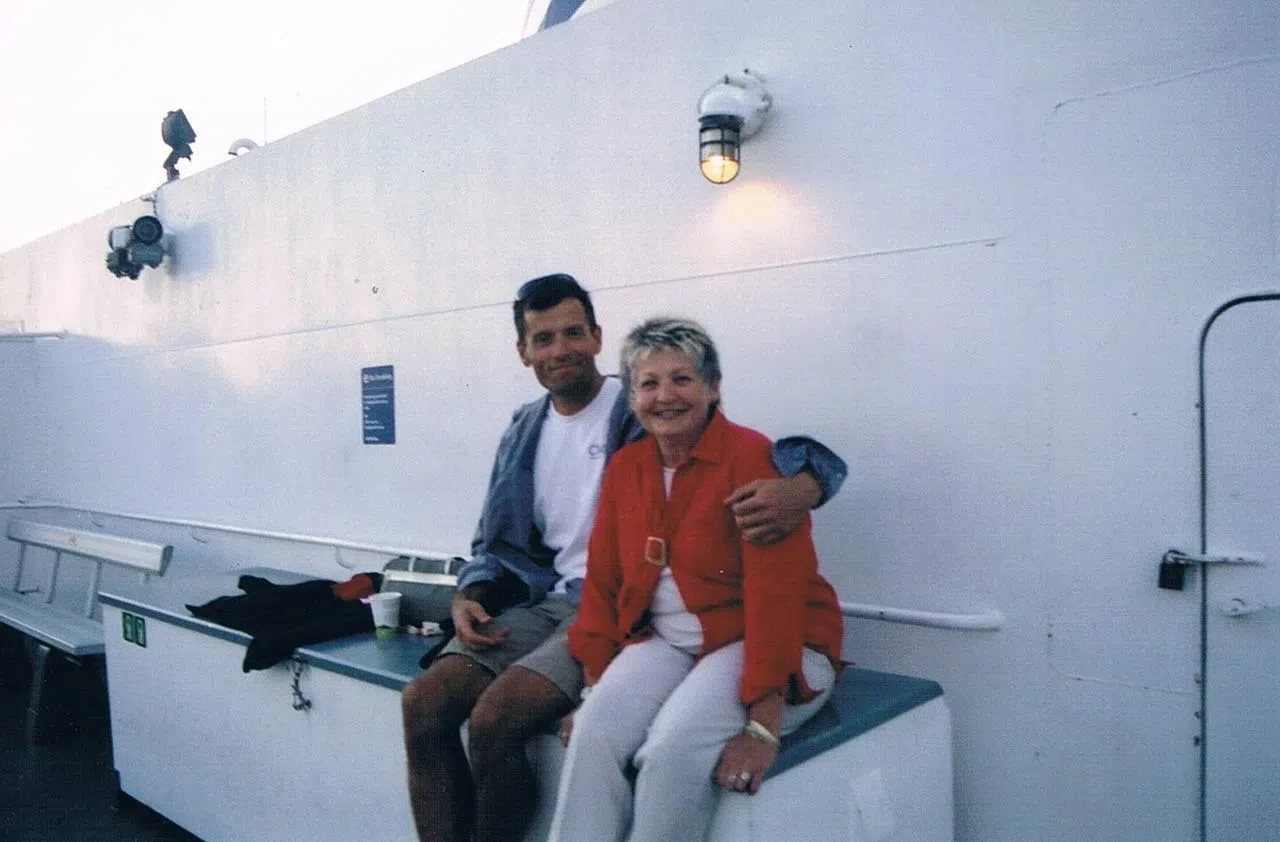
‘That others may live’: Families remember fallen search-and-rescue techs
OTTAWA — Liz Quinn struggles to hold back tears as she recites the oath taken by all military search-and-rescue technicians, which ends: “That others may live.” For her, the oath is more than just words. It is a reminder of her late son, Sgt. Mark Salesse.
“He devoted his life and he continually trained to make sure that his skills were up to par so that any given incident or accident that he was able to go in and save someone,” Quinn says, her voice barely above a whisper.
“I know that when he made the pledge, that it was serious. Every SAR tech that says that pledge means every word of that. That’s his soul.”
Salesse was killed in an avalanche while on a training exercise in Banff National Park on Feb. 5, 2015. The 44-year-old New Brunswick native was the 13th military search-and-rescue technician, or SAR tech, to be killed on duty since 1947 and the third in the last decade.


